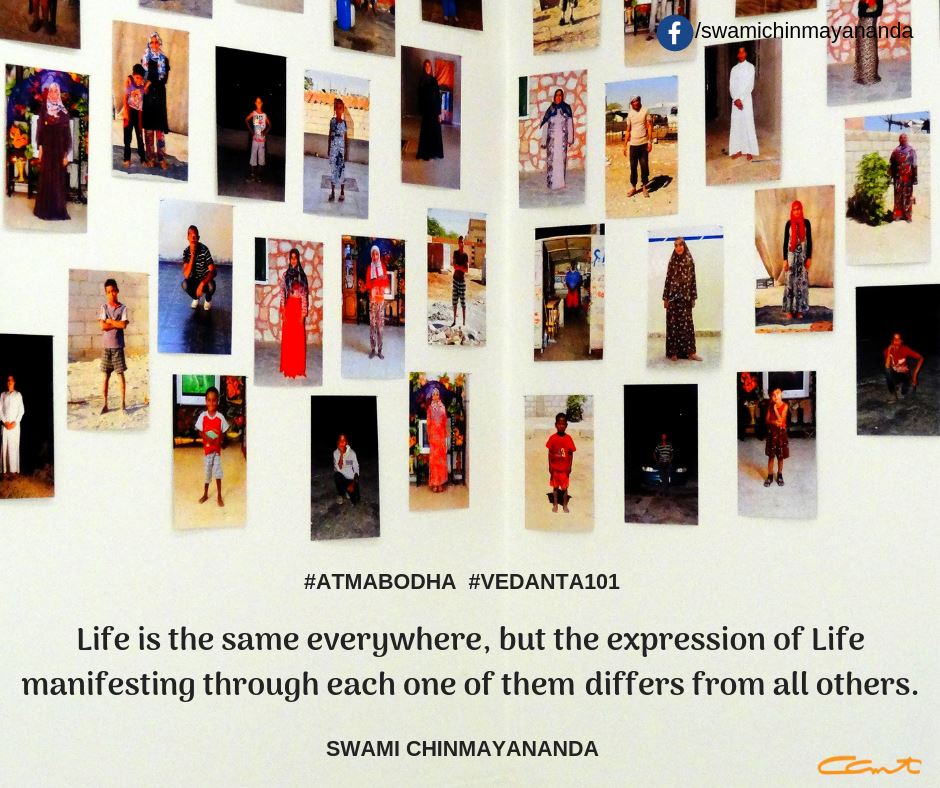EXPECTATION & DESIRE - HINDRANCE TO PROGRESS -1. : SWAMI BHOOMANANDA TIRTHA

22/03/2019 Whenever a physical action is undertaken, it is very clear and implied that there is an objective before it. In fact what is an action? An action is a process during which, you begin from a point and reach the end point called the outcome or objective. It is like a line which necessarily connects two given points. So an action is itself designed with a view to produce an outcome. If the action is pursued to completion, the outcome will necessarily follow. Sometimes there can be factors that intercept the process of action. Then you may think about those factors, which are likely to intercept and try to safeguard against them. That is part of the action. To that extent everything is okay. Now, what is this further expectation? While doing an action, do you have to keep on saying, "By this action, I expect such and such outcome; by this action, I expect that outcome" like a mantra? Suppose I keep on the fire a pot with five litres of water. If the flame is ke






